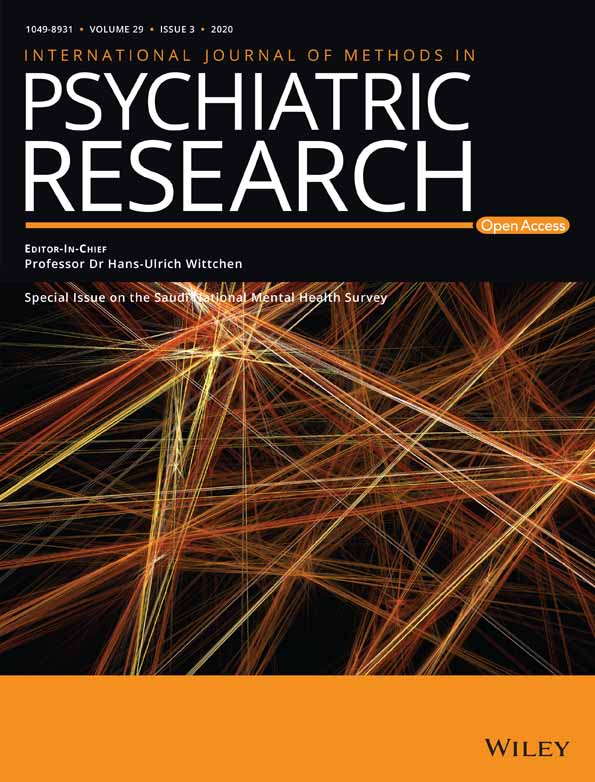Who am I? This is not just a philosophical question but a deeply psychological one that touches on the very foundation of mental well-being. Our sense of identity — how we see ourselves, how we relate to others, and how we make sense of our experiences — is central to healthy psychological functioning.
Feeling lost doesn’t mean something’s wrong with you.
Maybe you’re switching interests constantly, second-guessing your choices, or feeling like a different person depending on who you’re with.
You’re not broken — It’s called figuring out who you are, and it can be messy, frustrating, and powerful all at once.
This article shows us the importance of moving beyond categorical thinking and consider the unique experiences and adaptive strategies of each person. It helps us minimize labeling and start viewing attachment behaviors as fluid states that can change over time and across different relationships.
This article sheds light on a very important common belief that parents don’t favor their kids on each other when reality is much different. Parents tend to exhibit favoritism with children who are more agreeable. This article encourages parents and therapists to recognize this matter.
This article examines how sleep and mental health differs from female to male in Saudi Arabia. This could be due to many reasons like hormones, lifestyle choices, and responses to environmental, social, and emotional stimuli. However, females reported more sleep difficulties, such as insomnia and sleep dissatisfaction, compared to males.
This article speaks about the importance of meaning and purpose and the necessity of them for a fulfilling life. Meaning is about the narratives we construct around our past, helping us make sense of events and experiences whereas Purpose relates to the intentional actions and objectives we set to influence our future. It’s about having goals that drive us forward
This article provides practical strategies to help us break free from overthinking and regain mental clarity. It emphasizes on using cognitive distractions like reading, puzzles or physical activity to release nervous energy and structured problem solving to differentiate between useful and unproductive thoughts.
It highlights the importance of managing overthinking in order to have a balanced life.
The study “Lifetime Prevalence and Age-of-Onset Distributions of Mental Disorders in the Saudi National Mental Health Survey” examines the prevalence age of mental disorders among Saudi citizens aged 15 to 65. It found that 34.2% of participants had experienced a mental disorder in their lifetime, with anxiety disorders (23.2%) being the most common, followed by disruptive behavior (11.2%), mood disorders (9.3%), and substance use disorders (4.0%).
This article introduces a simple yet effective approach for parents to defuse their child’s anger.
The recommended phrase is: “I see you’re upset right now. I’m here for you.” this phrase achieves multiple goals: Reassurance, validation and non judgmental support.
This approach shifts the focus from controlling the child’s behavior to understanding and supporting their emotional experience.
